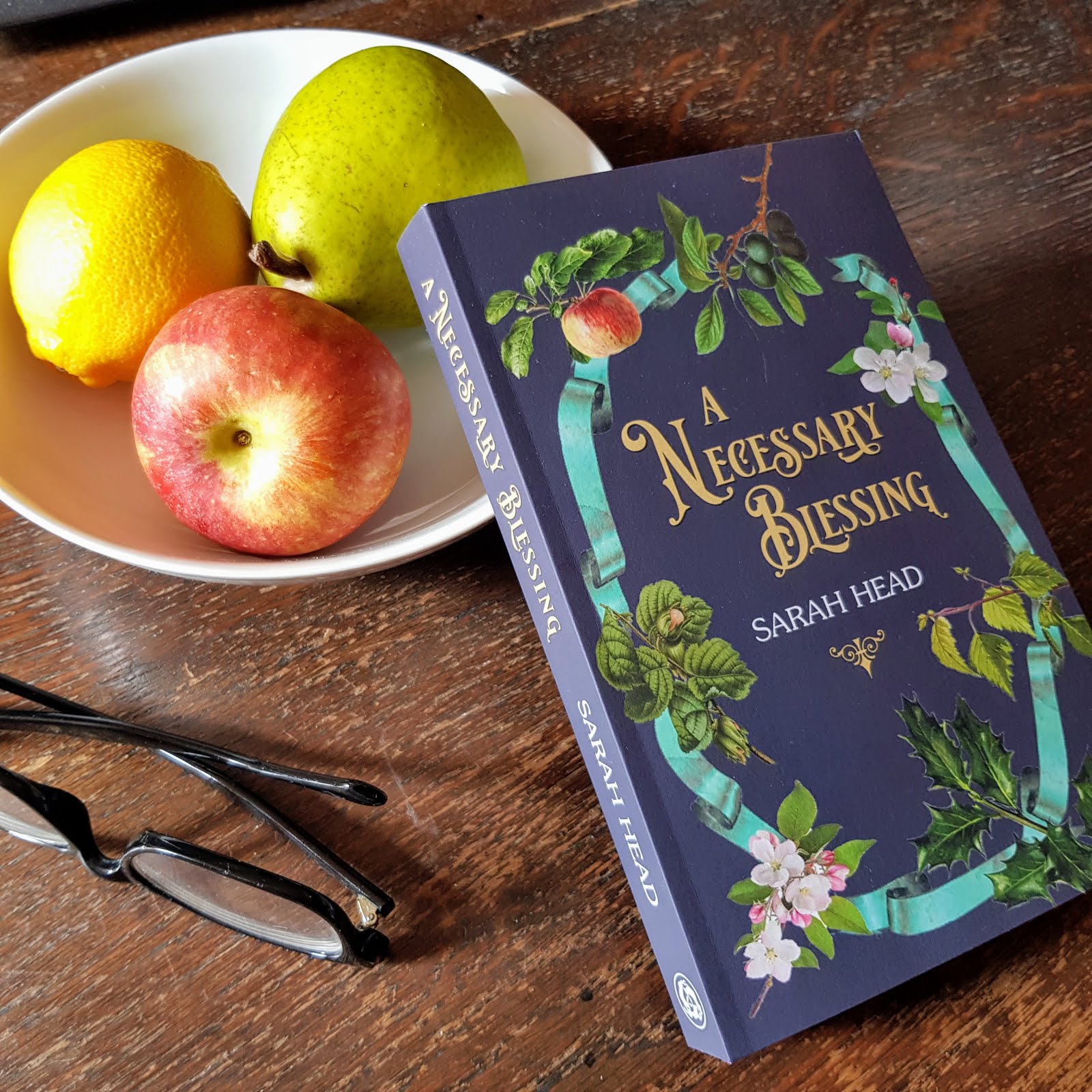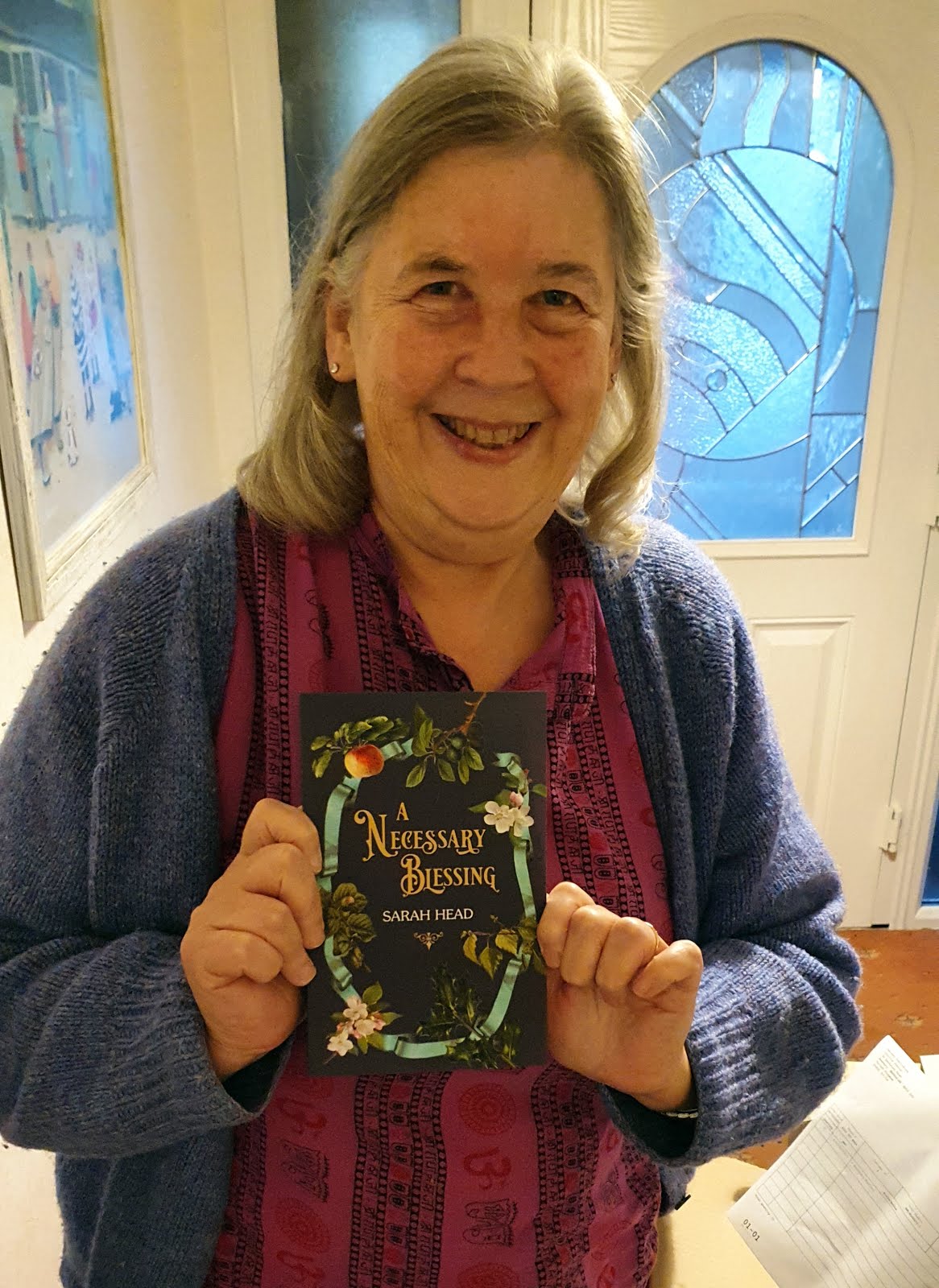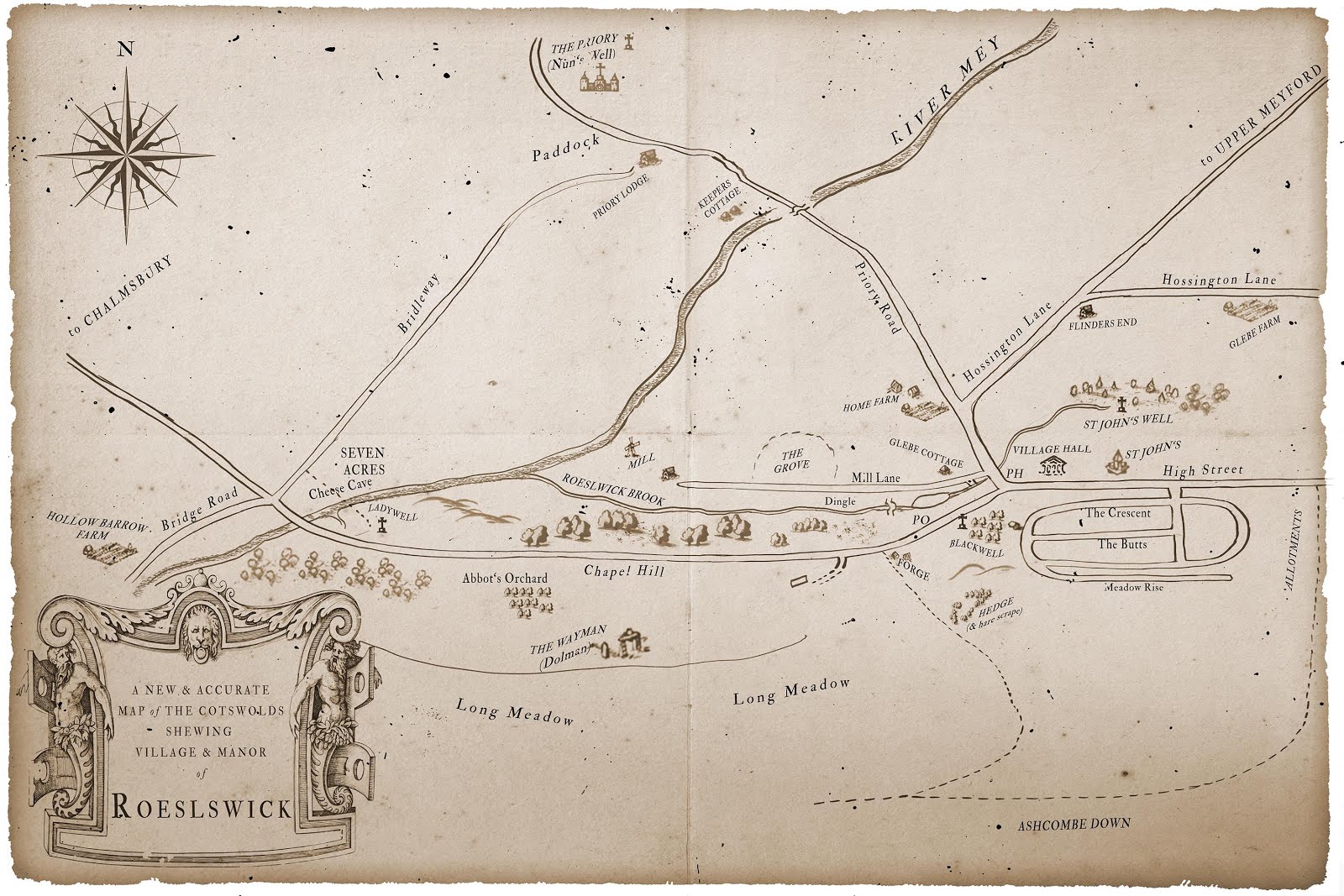Creating a believable story in a historical setting is hard
work. Setting it in a country which is not your own takes care and a great deal
of research. At least it does if you don’t want to make glaring errors which
trip up your readers.
Proof of Guilt is the 15th
investigation of Scotland Yard Inspector, Ian Rutledge, set in 1920's London by
mother and son team, Caroline and Charles Todd. Their hero is an upper middle
class graduate detective with sufficient independent means to own his own flat
and run a motor car whilst suffering from claustrophobia and shellshock which
had him hospitalised for six months following the end of the war. He is also
dogged by the Scottish voice of a corporal he was forced to execute for
refusing to lead his men into battle from the relative safety of the trenches.
Hamish MacLeod is a very useful ghost as he helps the inspector ask pertinent
questions and always knows when a suspect is lying.
The publishers of Proof of Guilt, William Morrow, want to
expand Charles Todd’s literary exposure into the UK. After all, the stories are
set in south-east England and East Anglia so they should appeal to a UK market.
If that is their aim, it was a shame they didn’t ask someone from the UK to
proof read the manuscript before it was published, then maybe they could have
flagged up some of the more obvious linguistic and grammatical errors.
I admit I’m a pedant. I also had the advantage of going to a
good grammar school where I was taught Latin and given a grounding in English
language as well as literature. I understand few Americans have these
opportunities but most of the American authors I admire appear to have grasped
the fact you don’t start a sentence with “And” or “But”, names should be
enclosed by commas on both sides (because this is the vocative case) and you
never put a comma before “and”.
I do realise the UK and America are divided by a common
language. I’ve lived in America and have argued until I was blue in the face
with an American editor who tried to tell me my use of commas was wrong. (It’s
not when you write English.) I understand Americans can’t read books unless
they are printed with their concept of spelling but if books are going to be
marketed the other way across the pond, then our spelling habits should be
considered.
Charles and Caroline Todd have spent many happy holidays in
the UK. They’ve obviously noticed that we don’t all live in single-room
cottages with roses growing around the door. All their prestigious houses in
“Proof of Guilt” have three stories. I
know every building has its own tale to tell, but I really thought when you
added another floor to a house it was a storey.
Maybe I’m wrong.
It’s also probably unfair to expect an American to
understand the complexities of using the correct verb for the action they are
trying to express in a culture which is not their own. Chapter three begins, “It wasn’t an enquiry that Rutledge relished.
A man had been killed in Chelsea, not far from the house where Meredith
Channing had lived. It was closed now.”
Sorry? What was closed? Chelsea? Oh no,
he meant the house. Maybe someone was tidying the text and thought an “up” on
the end of “closed” wouldn’t be understood and yet that’s what you do with
large houses you don’t want to live in for a while, you close them up.
The other howling mistakes come on pages 25 and 83. I’m
really sorry but we’ve always used the word petrol to describe the fuel in our
cars. Gasoline is very much an American term not understood over here until the
1960s. Even though the acting Chief Inspector of Scotland Yard is a dour
Yorkshire man, I really can’t hear him uttering the words, “gasoline-propelled
vehicle” no matter how many qualms he had about them.
On page 83, the “lady of the manor” goes into the local inn
for breakfast because she doesn’t want her staff to be inconvenienced by
serving her at such a comparatively late hour. We won’t talk about the social
niceties of people not eating outside the home until the Second World War, that’s
another discussion altogether but I was surprised by her choice of Scotch eggs
for breakfast. I was even more surprised she asked Inspector Rutledge to go
away “because my breakfast is getting cold”. These are obviously a new kind of
Scotch eggs which are served hot, not the cold picnic food kind of Scotch egg I’ve
been used to all my life.
Now
that I’ve exposed my pedantry, what about the story? This is taken from the
blurb on the back page. “An unidentified
body appears to have been run down by a motorcar and Ian Rutledge is leading
the investigation to uncover what happened. While the signs point to murder,
vital questions remain: Who is the victim? And where, exactly, was he killed?
One small clue leads Rutledge to a
firm built by two families, famous for producing and selling the world's best
Madeira wine. Lewis French, the current head of the English enterprise, is
missing. But is he the dead man? And does either his fiancée or his jilted
former lover have anything to do with his disappearance—or possible death? What
about his sister? Or the London office clerk? Is Matthew Traynor, French's
cousin and partner who heads the Madeira office, somehow involved?
The experienced Rutledge knows
that suspicion and circumstantial evidence are not proof of guilt, and he's
going to keep digging for answers. But that perseverance will pit him against
his supervisor, the new acting chief superintendent. When Rutledge discovers a
link to an incident in the French family's past, the superintendent dismisses
it, claiming the information isn't vital. He's determined to place the blame on
one of French's women despite Rutledge's objections. Alone in a no-man's-land
rife with mystery and danger, Rutledge must tread very carefully, for someone
has decided that he, too, must die so that cruel justice can take its course.”
The
first two chapters of the book really don’t add anything to the story and could
have been cut in the final edit. Once Inspector Rutledge appears in chapter
three the reader can indulge in a fairly pleasant whodunit with good pace,
interesting descriptions and enough plot to keep your attention for the couple
of hours it takes to read. I read it
last week whilst suffering from a nasty ‘flu like virus and it was a good yarn
to while away the hours when I couldn’t do anything else.
I
liked Inspector Rutledge and began to care about his character but he was the
only person in the book who kept my attention. There were far too many
policemen with different names wandering around Scotland Yard and most of the
other characters were cardboard cut outs with very little hanging off them to
make me believe they might have once lived in their locations.
The
plot was fairly predictable. When you have someone your superior officer knows
must be the culprit, it is obvious the killer is going to be someone the hero
has his money on. I’d even identified the correct flowerbed for the corpse several
chapters before the ends were all neatly sewn together.
Inspector
Rutledge is a sweetie, but it’s obvious his university degree did not include
any UK legal procedures. Having tootled up to Suffolk to collect delicious suspect
number two, Miss Whitman, in his own motor vehicle there is no mention of a
warrant for her arrest. (Strange he’s allowed to use his own car for police
business when Inspector Japp of Scotland Yard always has access to the latest
police Rover plus at least one driver no matter how far he is going!)
Inspector
Rutledge has a soft spot for Miss Whitman. Having taken her on a sightseeing
tour of Willie Lott’s cottage on their way back to London to enable the baddie
to decide not to take a pot shot at them, he “stayed with her through Magistrate’s Court where she was remanded to
Holloway…” The intimation was that this was all done and dusted in a couple
of hours.
Unfortunately,
Charles Todd and his mother must have forgotten there is a big difference
between the UK and US legal system when it comes to locking up suspects. In the
US, every town has a jail and prisoners being held prior to being charged with
an offence are kept in that jail. Police stations do not have cells. (After a
lifetime of watching TV westerns, I was surprised too but that’s what they told
me when I did a study tour of the west coast of the US looking at diversion
from custody of mentally ill offenders.)
In
the UK, it’s different. If someone is arrested they are held in police cells
until they are either charged and bailed or charged and remanded in custody
after a hearing before the Magistrates Court.
Magistrates only sit between the hours of 10am and 4pm in a normal court,
so I doubt anyone brought up to London in the late afternoon would have been
put before them until at least the next day.
If
Inspector Rutledge were truly a London policeman, he’d have handed his prisoner
over to the custody sergeant at Scotland Yard and that would have been the end
of his responsibilities that day.
My
verdict on Proof of Guilt? If you want to fill a couple of hours with something
light and fluffy you don’t have to think about, it’s a reasonable read. The
ending is far too abrupt to be satisfying and the hero doesn’t even get a “thank
you for saving me from the gallows” kiss from the girl he fancies.
Charles
and Caroline Todd are reasonably competent writers if you omit the first two
chapters of this book. I would suggest they give their next manuscript to
someone from this side of the pond before it’s published if they want to gain
the respect of a UK audience.
If anyone in the UK who
would like to read a copy of Proof of Guilt, I have one to give away. If you
become a blog follower and leave me a
comment to say why you’d like to read it, I’ll draw the names out of a hat next
Sunday evening (Feb 24th) and send it to you.








